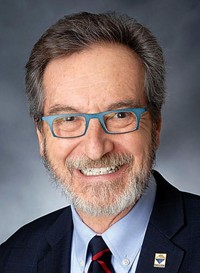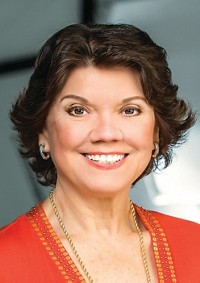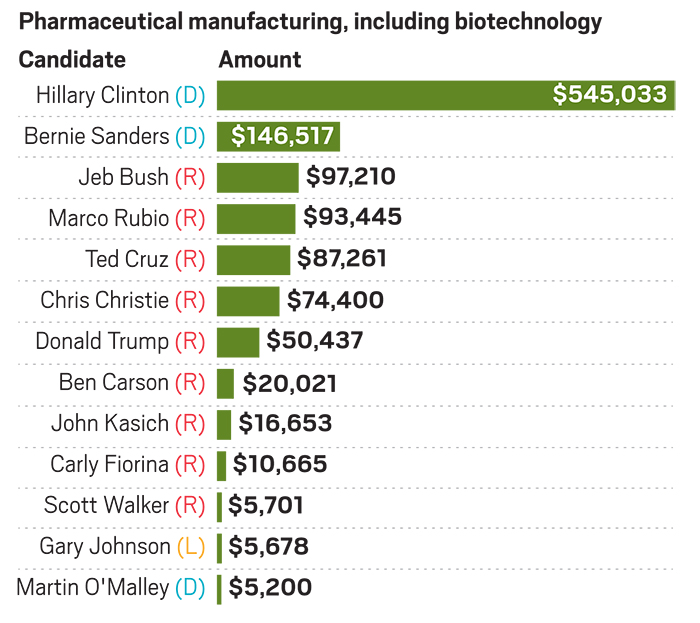Advertisement
Grab your lab coat. Let's get started
Welcome!
Welcome!
Create an account below to get 6 C&EN articles per month, receive newsletters and more - all free.
It seems this is your first time logging in online. Please enter the following information to continue.
As an ACS member you automatically get access to this site. All we need is few more details to create your reading experience.
Not you? Sign in with a different account.
Not you? Sign in with a different account.
ERROR 1
ERROR 1
ERROR 2
ERROR 2
ERROR 2
ERROR 2
ERROR 2
Password and Confirm password must match.
If you have an ACS member number, please enter it here so we can link this account to your membership. (optional)
ERROR 2
ACS values your privacy. By submitting your information, you are gaining access to C&EN and subscribing to our weekly newsletter. We use the information you provide to make your reading experience better, and we will never sell your data to third party members.
Policy
Serious About Elections
by A. Maureen Rouhi
October 8, 2012
| A version of this story appeared in
Volume 90, Issue 41
’Tis the season of presidential debates, and as usual, questions about science-based issues that profoundly affect national policy are unlikely to be part of the discussion. Fortunately, several sources of information about the positions of presidential candidates Barack Obama and Mitt Romney on such matters are available. Citizens concerned that the role of science, technology, and innovation in economic development is getting short shrift in the national conversation should examine the information from these sources.
One is C&EN’s version of the presidential debates based on eight science policy questions that Assistant Managing Editor for Government & Policy Susan Morrissey submitted to the candidates. Her story on page 32 summarizes responses to questions about energy, climate change, innovation, and education and presents the candidates’ full answers to questions about research support, scientific integrity, open access, and national security.
Another source is Science Debate, a nonpartisan, volunteer-based grassroots organization that aims to engage the presidential candidates in a national discussion of the most urgent science and technology questions facing the U.S. The organization asked 14 questions solicited from scientists and concerned citizens and refined with help from science and engineering organizations, including the American Chemical Society, which publishes C&EN. Responses are posted online at www.sciencedebate.org.
A third source is the report titled “Comparing the 2012 Presidential Candidates’ Technology & Innovation Policies,” by the Information Technology & Innovation Foundation. Often cited for its policy reports, ITIF is a nonpartisan think tank that, according to its website, aims to help policymakers understand “the types of public policies needed to drive innovation, productivity, and broad-based prosperity.” Its analysis of the presidential candidates’ positions on science, technology, and innovation is based on information from campaign websites, policy documents, and candidates’ statements as reported by other media.
Both candidates acknowledge the critical role of science and technology in informing national policy and ensuring the economic growth and global competitiveness of the U.S. Both support basic research, energy independence, innovation, and education in science, technology, engineering, and mathematics (STEM). They diverge in the details.
On energy, for example, Obama staunchly supports the development of alternatives to fossil fuels, whereas Romney pledges to focus on domestic production of fossil fuels. On STEM education, for another example, Romney proposes reforming the education system to expand parent choice and reward teacher performance. Obama, on the other hand, concentrates on supporting teachers and has set a goal of training 100,000 STEM teachers in 10 years.
By themselves, the candidates’ policy proposals regarding areas underpinned by science may not sway voters one way or the other. Our choices likely will be more influenced by immediate concerns, such as the burgeoning federal debt, intractable unemployment, and the lackluster economy, or even by just our political leanings.
The conclusions of ITIF’s report are telling, however: Obama and Romney both offer consequential proposals to promote innovation and competitiveness, but “neither candidate nor political party gets it entirely right, and if the United States is to maximize its innovation and competitiveness potential, it’s going to have to adopt the best ideas from both parties.” One can only hope that the next president and the new Congress can get past the bitter partisanship of recent years and heed this advice.
Meanwhile, the polls for the 2012 ACS national election are now open, and ACS members have until Nov. 9 to cast their ballots. I urge all 161,821 ACS members who are eligible to vote to influence the future of your professional society by exercising your right to vote. In recent years, voter turnout has been paltry: It was 14.6% in 2011. Don’t abdicate your right to make a difference; don’t leave the choice of ACS’s elected leadership to a minority of voters. Information about the candidates is available in the Sept. 10 issue of C&EN, on page 34.
Views expressed on this page are those of the author and not necessarily those of ACS.





Join the conversation
Contact the reporter
Submit a Letter to the Editor for publication
Engage with us on Twitter